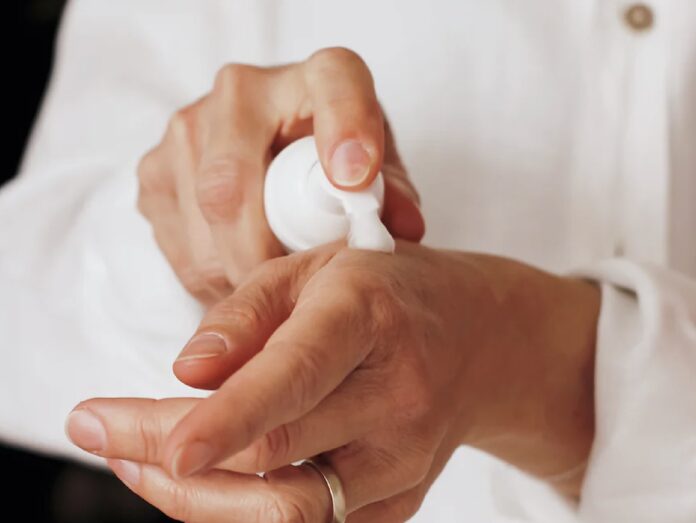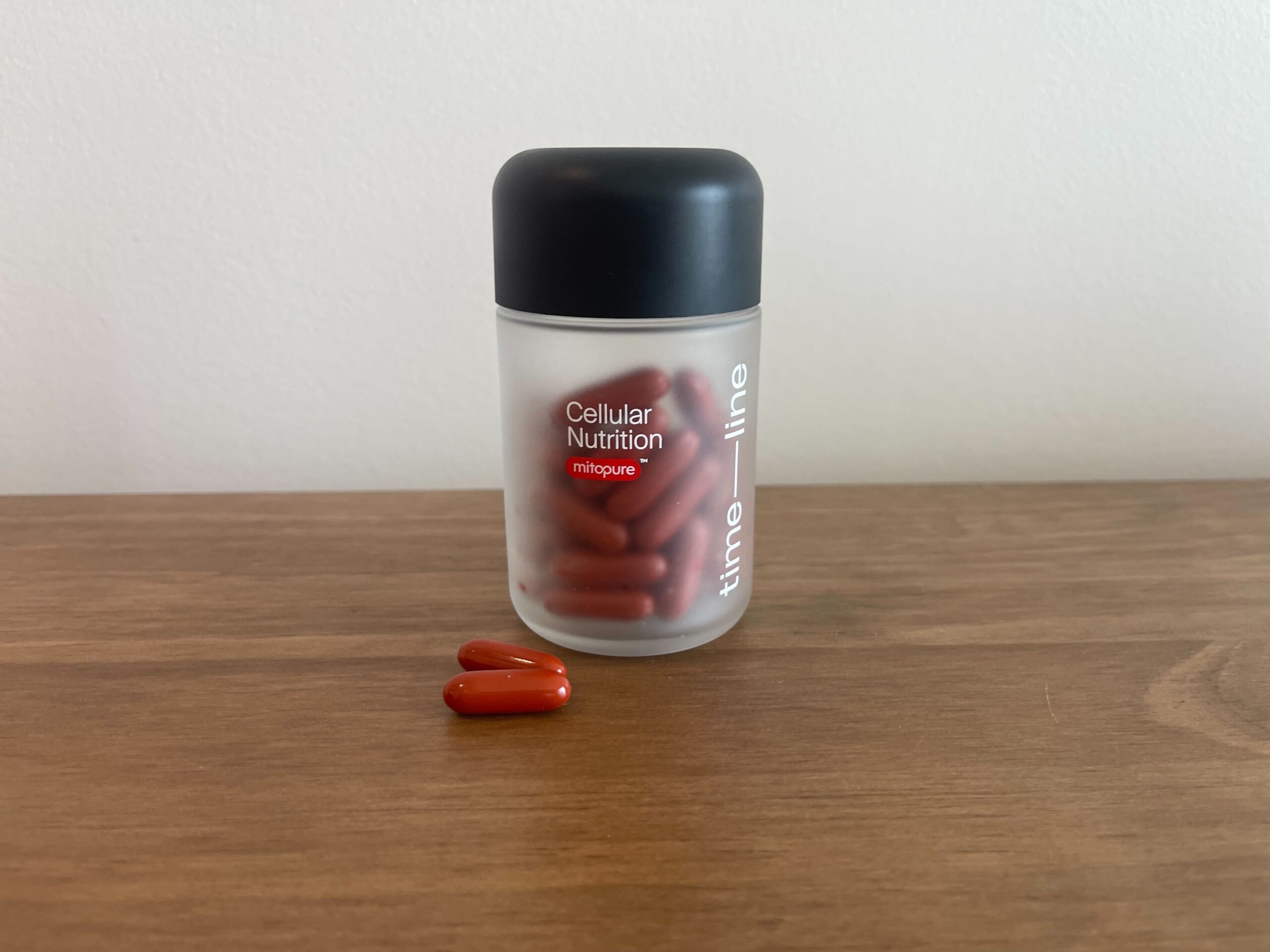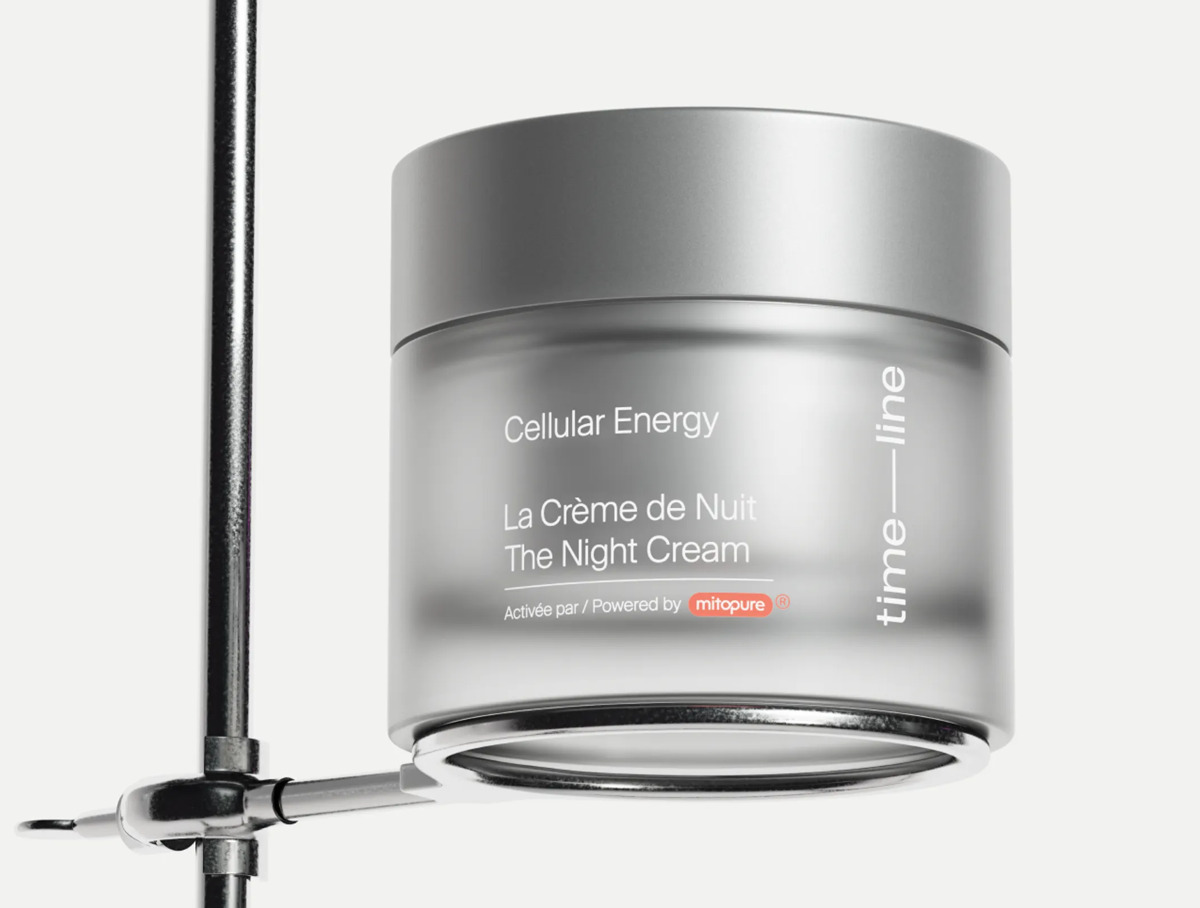The (un)selfishness of self-care. Self-care is the of-the-moment buzzword. Some of us feel guilty for taking some time for ourselves, some of us feel it is a necessity, and others struggle to make the time for it. No matter where you fit within these interwoven beliefs, there are important areas to pay attention to with regard to caring for your body and your brain.
Fuel your body
Eat for the day you are having, and plan for down the road. Micro- and macronutrients are essential fuel — not just a new fad to focus on. Macronutrients are the nutrients we need in larger quantities, like fats, proteins, and carbohydrates. Equally important are micronutrients, and these are mostly vitamins and minerals. We want to be getting our micronutrients alongside macronutrients. But whatever dietary plan you ascribe to — whether that’s vegan, keto or paleo — aim for a low glycemic load; meaning: keep the sugar down. Focus on protein, lots of vegetables, and healthy fats.
Not everyone gets what they need from food, and all of our bodies function differently; this is where science and supplements can come in. Your doctor will be able to guide you here, as blood work will show any possible areas of deficiency. Then there is our cellular health to consider — we function best (and live longer) with healthy cells that do their jobs of providing structure and function to our entire body.
At AGEIST, we are asked to vet a lot of products, solutions and supplements. (This is where we rely on our Scientific Board.) We’re advocates for the use of Urolithin A, a rare molecule that promotes healthy aging and cellular health. According to the National Library of Medicine, Urolithin A improves muscle strength and biomarkers of mitochondrial health in middle-aged adults. Our vehicle of choice to deliver this molecule is Timeline Nutrition, powered by Mitopure.
Exercise your body — and your brain
Whatever exercise feels good to you, do it — any movement is better than no movement. Research from the Mayo Clinic suggests that those of us with a sedentary lifestyle can start by simply building up to a brisk hour-walk to improve heart health, increase cognitive ability, and strengthen the immune system.
To layer on additional health benefits, it is beneficial to lift heavy things. Strength training can help you build and maintain muscle mass, which is important as we age. Starting as early as our 30s, we can lose 3% muscle mass if we don’t do anything about it.
There are easy ways to incorporate moving and strength training into your days or your week, depending on how you work best. You can join a gym, hire a personal trainer, take fitness classes, or do it on your own. There are a multitude of online videos and apps to help you get going — no matter where you are in this journey.
Care for your skin
Skin is the largest organ in our body and deserves attention — for our overall health and our overall sense of confidence. Our skin (and its derivatives: hair, nails, and oil glands) is responsible for protection from bacteria, chemicals and temperature. The skin does a lot of work! To get the most benefit from a skincare routine, there are 3 important areas: clean, treat, and moisturize.
- To wash, it’s important to use a gentle, non-abrasive cleanser that does not contain alcohol.
- Daily moisturization can reduce the chance of extreme dryness or oiliness and aids your skin’s ability to repair itself.
- For treatment, much depends on the unique needs of your skin. As an added bonus, topical use of MitopureⓇ can reduce wrinkle depth, based on an 8-week randomized controlled clinical trial of women aged 40-65 years old; support collagen organization; and combat environmental aging factors by supporting cellular health against oxidative stress.
Sleep for the ultimate in self-care
We spend about one-third of our life sleeping, which is a good thing as sleep helps us recover from illness, deal with stress, and consolidate our memories. The long-term health of our brain relies on natural sleep.
Rule #1 when it comes to sleeping the recommended 8 hours per night is: don’t crash the plane. Land the tired plane gently. This means developing a diligent pre-sleep routine. A few time-tested options include: a walk after dinner, chamomile tea, a magnesium bath, no screen time before bed, light reading, scented candles — or whatever gets you into a calm, sleepy mood. It is also important to go to bed at the same time each night and, if you struggle with staying asleep, adjust the temperature in your room to 65 degrees Fahrenheit, eliminate any light in your room, and try to reduce any noise.
The point of self-care is to take time for you and to recognize that it is not a selfish act. When you take care of yourself, you are able to show up as a better person. You are better prepared to take on the role of parent, sibling, friend, boss, or employee. It’s not selfish. It will give you the resilience to better show up for everyone else in your life.
If you would like to learn more about MitopureⓇ, use the code “AGEIST” at checkout for 10% off your first purchase of Timeline Nutrition.



